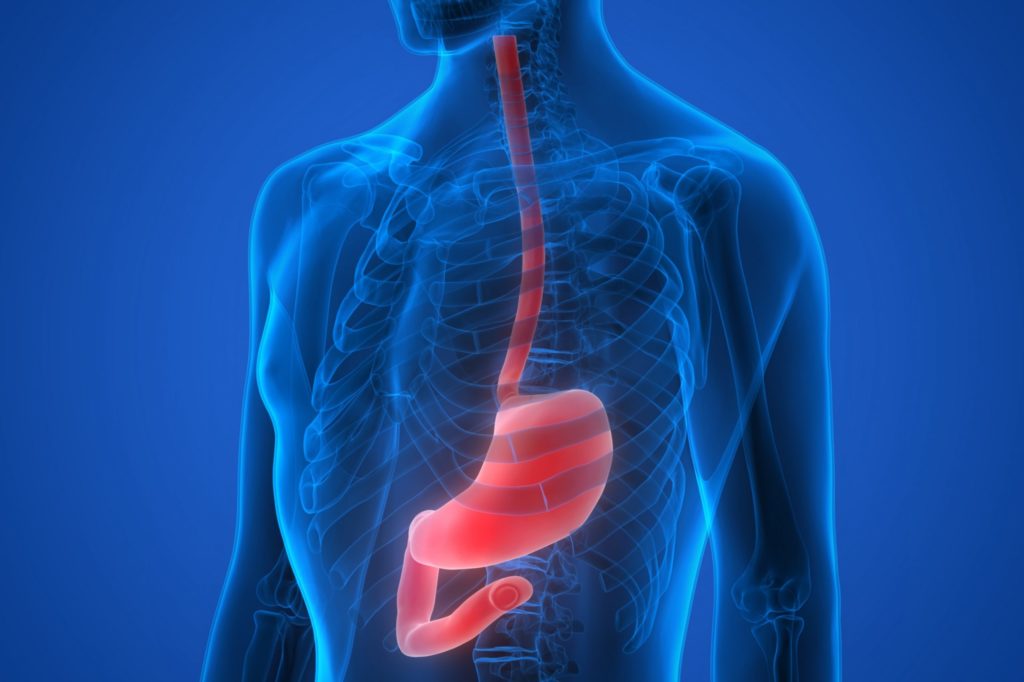Expert Achalasia and Oesophageal Motility Disorders Treatment in Sydney
What is Achalasia cardia?
-
- Achalasia cardia is a condition where the oesophagus does not contract, and the valve between the oesophagus and stomach does not relax to allow food into the stomach.
- Cause: Often unknown, cancer of the oesophagus, nerve injury during oesophageal and rarely certain parasitic infections
- Although achalasia cardia is the most common, there are other kinds of motility disorders of the oesophagus.
When to seek surgical help?
-
- Symptoms: Most commonly difficulty in swallowing, weight loss, chest pain or discomfort, regurgitation, vomiting undigested food and recurrent pneumonia.
- Once diagnosed, the patients need to be kept under surveillance as this condition is a risk factor for oesophageal cancer.
What is the management of Achalasia cardia?
-
- Gastroscopy: Allows surgeons to assess the oesophagus and rule out other conditions such as cancer.
- Oesophageal manometry: Insertion of a thin tube into the patient’s oesophagus via their nose. This ascertains the type of achalasia or any other motility disorder.
- Laparoscopic Heller Myotomy: This is a keyhole operation where the muscle forming the valve between the oesophagus and stomach is divided to allow for easy passage of food into the stomach. This also involves wrapping the stomach around the lower part of the oesophagus to reduce acid reflux that results from dividing that muscle.
- Per oral endoscopic myotomy (POEM): This is an endoscopic procedure where the muscle forming the valve between the oesophagus and stomach is divided to allow for easy passage of food into the stomach.
What to expect following the operation?
-
- Commonly patients stay 1-2 days following the operation providing that the recovery is uncomplicated.
- Patients are discharged on a puree diet. The diet is monitored by the dietician who would gradually upgrade as appropriate.
- Patients may need anti-acid medications (PPI) for the rest of their life.
- Patients need to be kept under surveillance for life.
MEDIA
Are you or a loved one in Sydney or South-Western Sydney, NSW, suffering from achalasia or other oesophageal motility disorders?
Are you or a loved one in Sydney or South-Western Sydney, NSW, suffering from achalasia or other oesophageal motility disorders? Don’t let these conditions disrupt your life. At Precision Upper GI Surgery, we specialise in the treatment of achalasia and oesophageal motility disorders. Our expert team, led by Dr Manju, is ready to provide personalised care and advanced treatment options. Take the first step towards better health. Schedule your appointment now and start your journey towards relief and recovery. Click here to book your consultation for achalasia and oesophageal motility disorders treatment in Sydney today!

